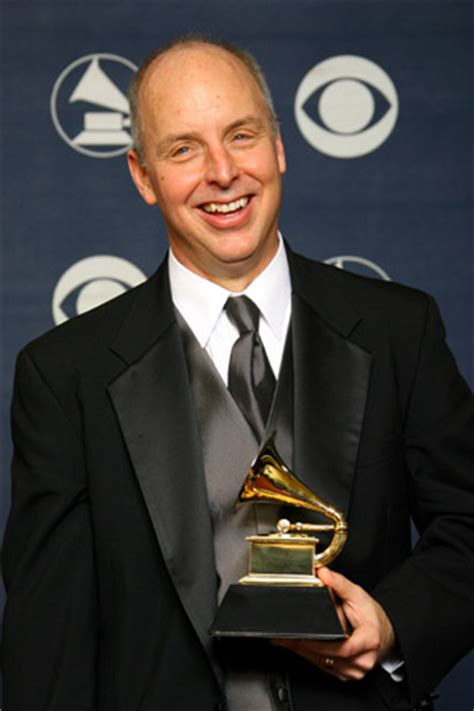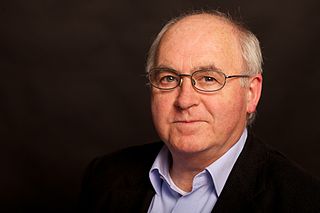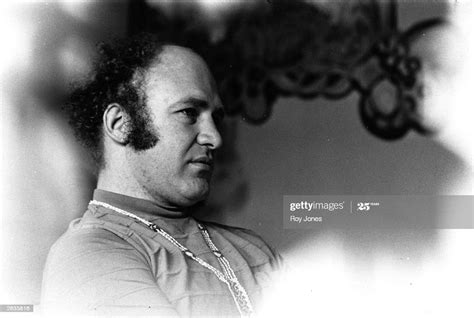A Quote by Aleksandar Hemon
There's something in psychology called the narrative paradigm, which essentially means that we think of our lives as stories in which we are the main characters.
Related Quotes
To read fiction means to play a game by which we give sense to the immensity of things that happened, are happening, or will happen in the actual world. By reading narrative, we escape the anxiety that attacks us when we try to say something true about the world. This is the consoling function of narrative — the reason people tell stories, and have told stories from the beginning of time.
[Robert] Aikman would write horror stories that weren't gore, they weren't slashers, and they weren't monster stories either. He called them ghost stories. The main thing about them was the vibe. It was really disquieting. He wanted to sketch the scene so that you could see it and know the characters and get a feel for the motion - and then ask yourself why and not get a final answer. Leave something that itches. I loved that!
The desire for story is very, very deep in human beings. We are the only creature in the world that does this; we are the only creature that tells stories, and sometimes those are true stories and sometimes those are made up stories. Then there are the larger stories, the grand narratives that we live in, which are things like nation and family and clan and so on. Those stories are considered to be treated reverentially. They need to be part of the way in which we conduct the discourse of our lives and to prevent people from doing something very damaging to human nature.
Think of all the nonsense you had to learn in psychology courses. None of which was testable. None of which was measurable. We had behaviorism, Freudian psychology, all of these theories that you learn in psychology. Totally untestable. Now, we can test it, because physics allows us to calculate energy flows in the brain.
A paradigm is a powerful theoretical and methodological framework which defines the working lives of thousands of intelligent and disciplined minds. And paradigms do not attract the loyalty of such minds unless they 'work'. One of the first things a graduate student learns is that if there is a discrepancy between the paradigm and what he or she has discovered, then the automatic assumption is that the paradigm is right and the student wrong. Just as a good workman never blames his tools, so the diligent student never blames his paradigm
We gallop through our lives like circus performers balancing on two speeding side-by-side horses--one foot is on the horse called "fate," the other on the horse called "free will." And the question you have to ask every day is--which horse is which? Which horse do I need to stop worrying about because it's not under my control, and which do I need to steer with concentrated effort?
For whatever reason, thus far it's been important to me not to write that kind of collection. Which means that I've spent months playing tic-tac-notecard, trying to get the stories in an order whereby stories that are similar in any given way (diction, narrative stance, setting, plot) are separated by others that aren't.





































